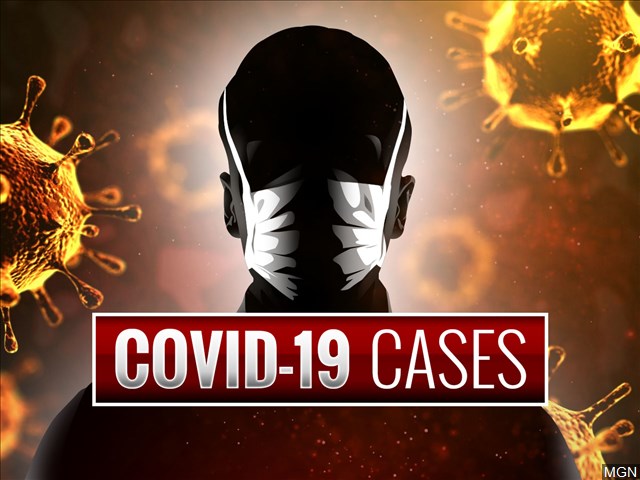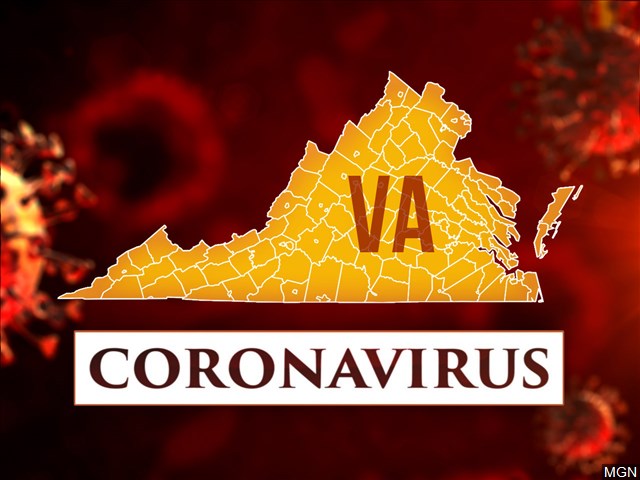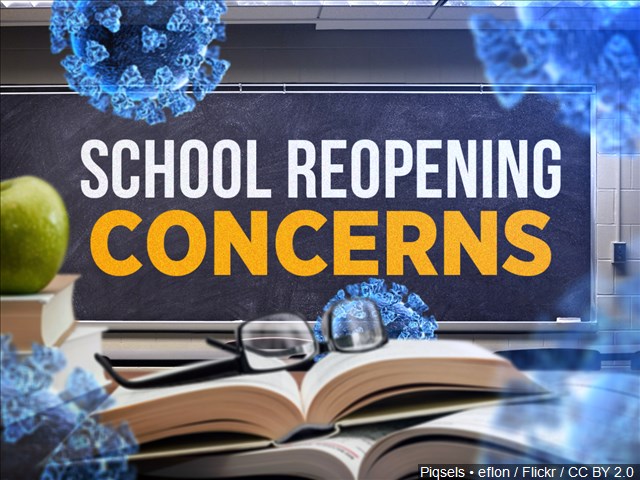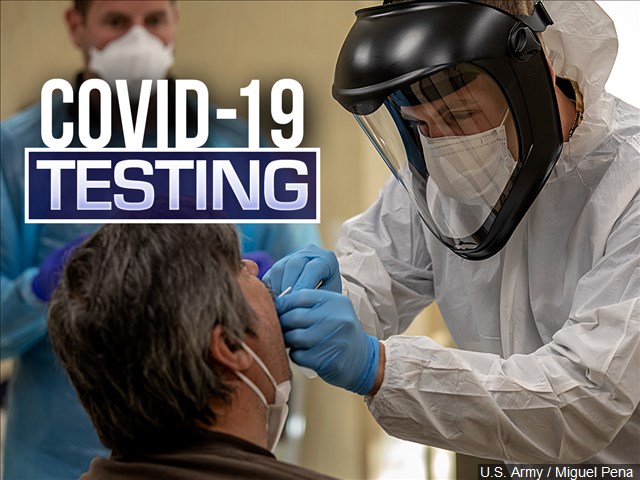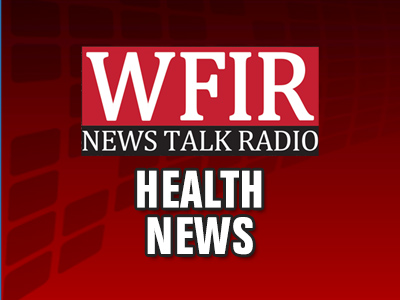According to the latest numbers released this morning from the Virginia Department of Health there are 22...
Health and Medicine
Virginia Republicans says Governor Northam is going about it all wrong when he threatens to pull licenses...
Governor Northam says his administration is leaving it up to local school boards to decide how many...
There’s been questions about data from the Virginia Department of Health that shows “probable” COVID-19 positive test...
According to the latest numbers released this morning by the Virginia Department of Health there are 3...
Workplaces have instituted an array of different safety measures since reopening, but students hoping to return to...
Governor Northam says Virginia must strongly enforce COVID-19 restrictions to slow and reverse a recent increase in...
The Virginia Department of Health is offering free COVID-19 testing events in the Roanoke Valley for the...
NEWS RELEASE: Congressman Morgan Griffith (R-VA) today was informed that he tested positive for COVID-19. Upon developing...
According to the latest numbers released this morning by the Virginia Department of Health there are 45...
The Virginia Department of Health has started reporting more data related to COVID-19 contact tracing that the...
After being under quarantine or stay-at-home orders for several months, people are more anxious than ever to...
According to the latest numbers released this morning by the Virginia Department of Health there are 12...
The Virginia Department of Health will soon provide free COVID-19 tests at several Roanoke Valley locations. It...
According to the latest numbers released this morning by the Virginia Department of Health there are 25...

